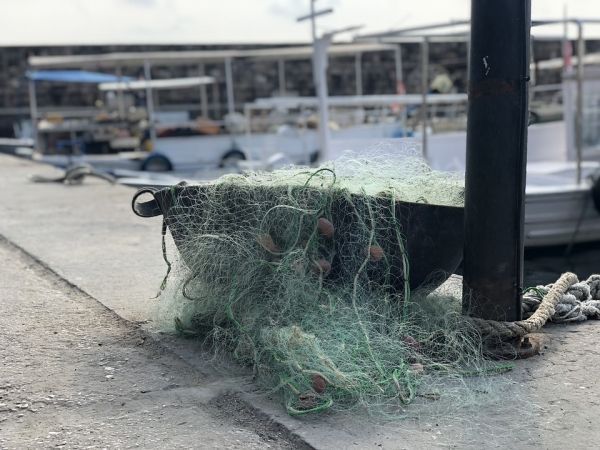A new study published in the journal Environmental Science and Policy addresses the impacts of COVID-19 and Cyclone Harold on Indo-Fijians engaged in small scale fisheries.
The paper says that countries, including Fiji, need to address ethical and social justice considerations and the politics of recovery efforts by putting vulnerable and marginalized groups front and center in the aftermath of pandemics and natural disasters.
What countries cannot afford is for economic recovery efforts to put additional burdens and risk on those invested in the SSF sector, and cause further widening of inequities, and increase food and economic insecurity.
While the attention of the global community is focused on the immediate health crisis, cyclones Harold, Yasa (Category 5, made landfall on 17 December 2020) and Ana (Category 2, made landfall on 31 Janaury 2021), were stark reminders for the Pacific that the existential threat of climate change has not gone away. The COVID-19 pandemic may simply be the ‘first wave’, especially if global climate change, biodiversity, and sustainable development goals and targets, and addressing inequities through an intersectional lens, are not seen as integral to economic recovery.
Read more at Wildlife Conservation Society
Photo Credit: fletchergull via Pixabay


